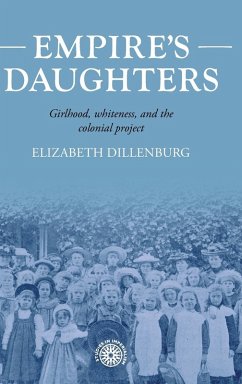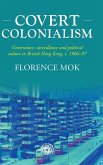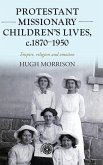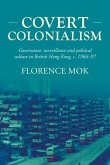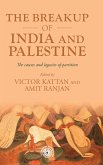This book provides a study of the Girlsâ Friendly Society to examine how the construction of girlhood was intricately tied to constructions of whiteness and ideas of empire. It uses correspondences, newsletters, scrapbooks, and photographs to reveal the often-overlooked role of girls in the British empire. -- .
Hinweis: Dieser Artikel kann nur an eine deutsche Lieferadresse ausgeliefert werden.
Hinweis: Dieser Artikel kann nur an eine deutsche Lieferadresse ausgeliefert werden.

